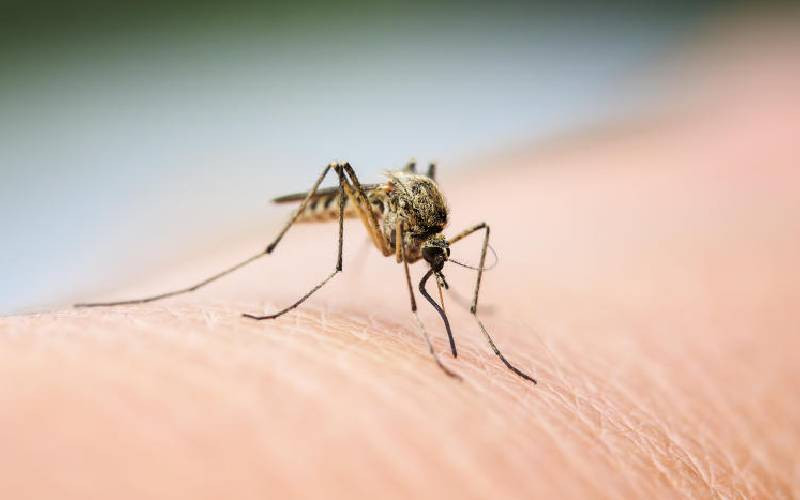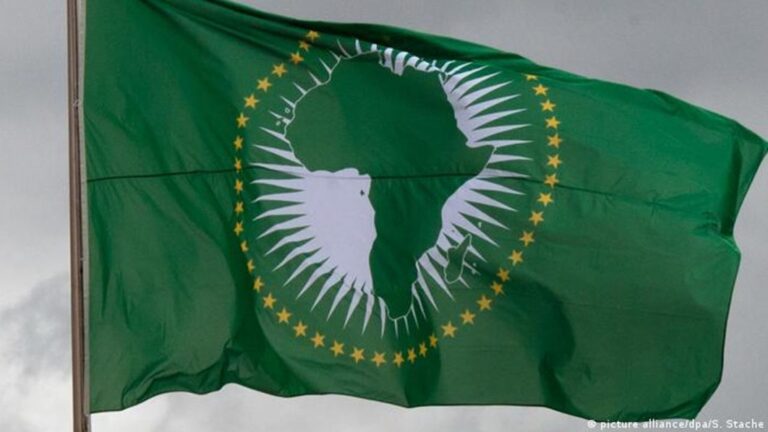
Imo State – June 18, 2025 – In a concerning development for Nigeria’s ongoing fight against malaria, health experts have confirmed the emergence of a new mosquito species — Anopheles stephensi — in parts of Eastern Nigeria. This aggressive mosquito vector has been identified as capable of transmitting both Plasmodium falciparum and Plasmodium vivax, the two parasites responsible for the vast majority of malaria infections globally.
According to entomologists and public health authorities, Anopheles stephensi poses a unique and alarming threat. Unlike traditional malaria-carrying mosquitoes, which typically bite at night and are vulnerable to insecticide-treated bed nets and indoor sprays, Anopheles stephensi demonstrates daytime biting behavior and often thrives outside typical domestic settings.
What Makes Anopheles stephensi Dangerous?
This invasive mosquito species, previously found mainly in South Asia and parts of the Middle East, has shown unusual adaptability, capable of breeding in urban water containers, drainage systems, and even clean water sources.
Experts highlight several factors that make this species a public health risk:
- Daytime Activity: It bites during the day, rendering night-time insecticide-treated bed nets largely ineffective.
- Indoor and Outdoor Habits: The mosquito does not restrict itself to indoor environments, reducing the effectiveness of indoor residual insecticide sprays.
- Dual Transmission: It can transmit both Plasmodium falciparum (the most deadly malaria parasite) and Plasmodium vivax (notorious for recurring infections).
Identified in Eastern Nigeria
Initial field studies have confirmed the presence of Anopheles stephensi in urban and semi-urban areas in Eastern Nigeria. The development raises fears of a surge in malaria cases, particularly in communities previously considered low-risk due to urban infrastructure.
“This species challenges many of the assumptions we’ve based our malaria prevention strategies on,” said Dr. Adaobi Chukwuemeka, a medical entomologist at the Nigerian Institute of Tropical Diseases. “It’s a game-changer.”
Public Health Implications
With the current reliance on insecticide-treated nets (ITNs) and indoor residual spraying (IRS), Nigeria’s malaria control efforts may now require urgent reevaluation. Health authorities are calling for:
- Enhanced surveillance of mosquito species and behaviors.
- Public awareness campaigns on the risks of daytime mosquito exposure.
- Community clean-up initiatives to eliminate potential breeding grounds.
- New vector control strategies, including outdoor spraying and larval source management.
What You Can Do
The public is advised to take additional precautions, including:
- Using mosquito repellents during the day.
- Wearing long-sleeved clothing when outdoors.
- Draining stagnant water around homes and offices.
- Installing window and door screens to reduce mosquito entry.
Call for Government Action
Experts and advocacy groups are urging the Federal and State Ministries of Health to prioritize research funding and immediate response strategies.
“This is a serious development. If not addressed swiftly, Anopheles stephensi could reverse the gains Nigeria has made in the fight against malaria,” warned Dr. Chukwuemeka.





